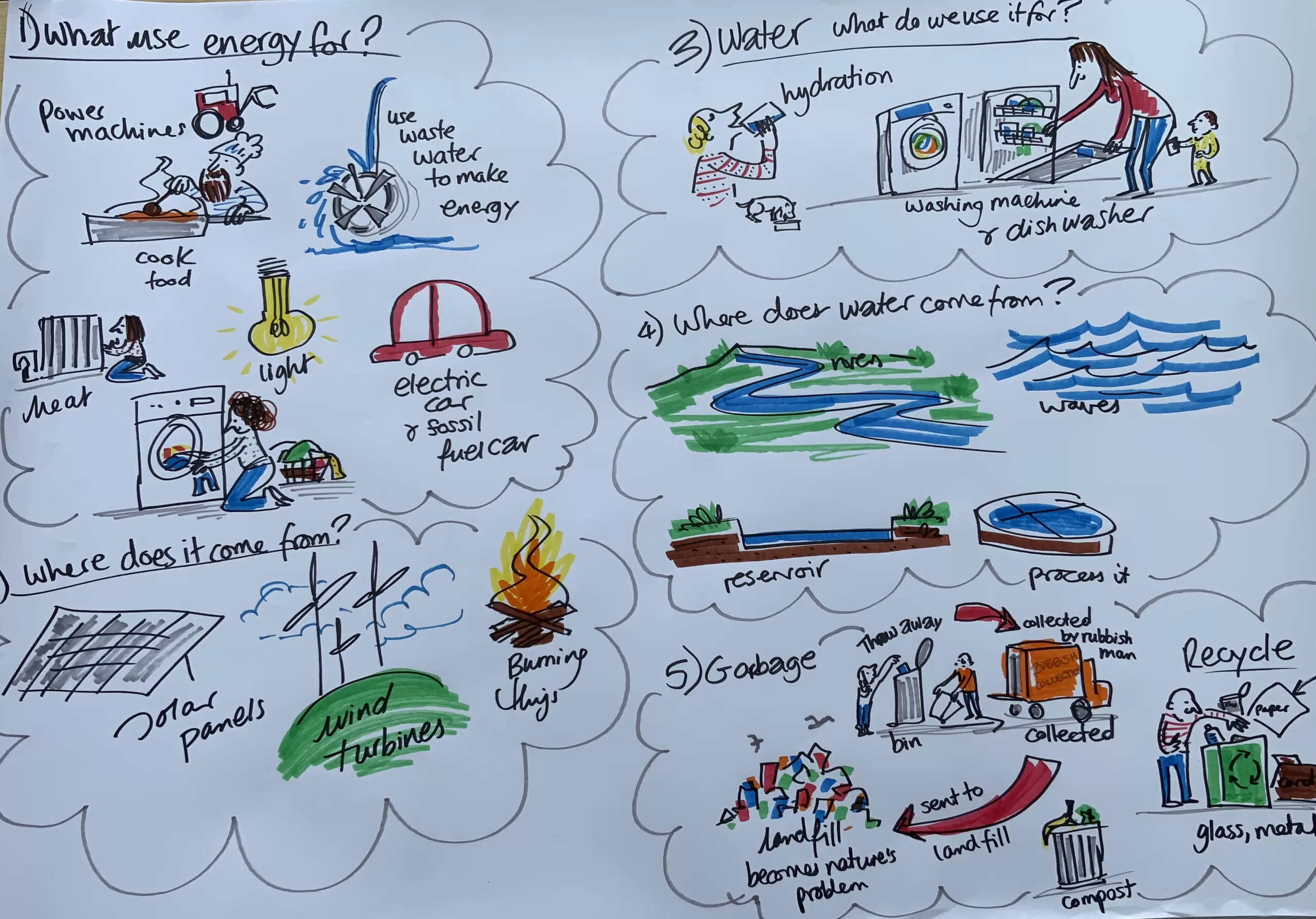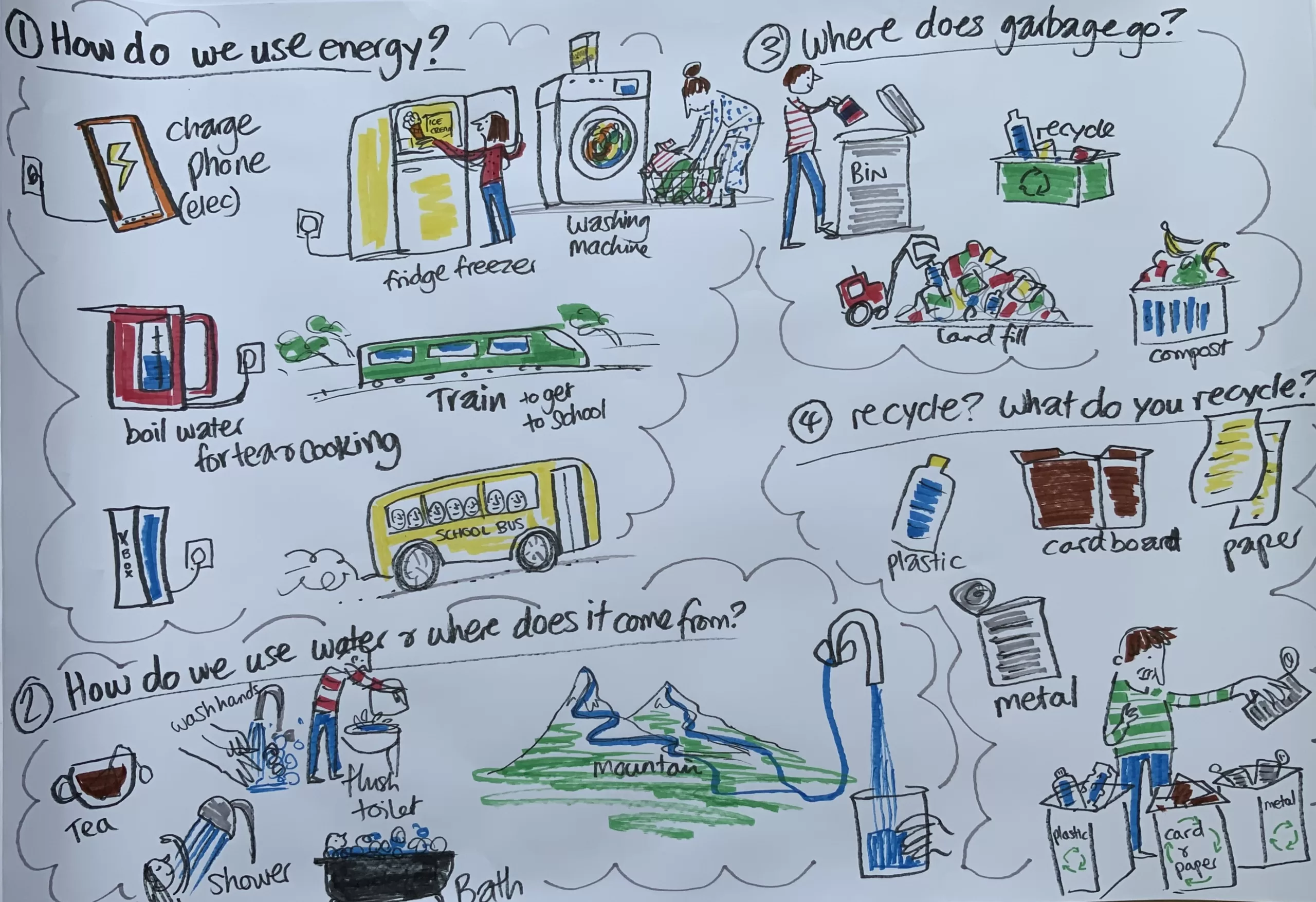Search
Evidencing global indirect land-use change (ILUC)
The aim of this project is to provide direct, global-scale data on the indirect land-use impact of UK biomass and bioenergy initiatives.
Indirect land-use change (ILUC) is a concept which contends that if land is being used in a certain pattern and a new use, such as biomass is introduced, this has environmental consequences associated with the direct change of that land. The rest of the land-use system will adjust so that a related land-use change (perhaps geographically distant from the initial change) will compensate for the lost production. Therefore, allowance should be made for the environmental impact of the indirect and direct land-use change. This is done by calculating ILUC factors which are then applied within a range of tools and policy instruments to predict land-use patterns and set rewards for different bioenergy technologies/implementation.
Using the new UK Biomass Strategy as a starting point, we will gather data from government departments via public records related to UK bioenergy systems of current levels of UK land-use for biomass (energy crops, residue utilisation and woodland management), but critically also imports. These will be collated by feedstock and global region. We will establish partnerships with research laboratories in key global locations (USA, Brazil, South Africa, Netherlands and Hong Kong) and convene an international series of meetings to establish data relating to land-use and bioenergy/bioproduct implementation in common formats across the Americas, Africa, Europe and Asia in collaboration with the International Energy Agency. This will include historical projections of the ILUC impact of future (now historic) land-use changes. We will agree on a set of international indicators that can be relied upon to accurately reflect direct land-use change and explore causal linkages from data collated by policymakers on implementing global land-use change impacts.
We will then collate real land-use change data in the relevant regions. By so doing, a set of implementation data over time will be collated alongside a set of impact data. Correlations between datasets expected to have causal linkages will be explored (taking into account externalities associated with other land-use change drivers in so far as possible).
By working with international partners to assemble datasets, we will deliver firm data to UK policymakers on the impact of UK bioenergy overseas. This will allow them to confidently adapt policy mechanisms to appropriately reward sustainable systems. We will also cement strong international collaboration to support long-term global monitoring. This will result in improved visibility and control ability to minimise global negative land-use impacts from bioenergy.
This project is led by Patricia Thornley.
































